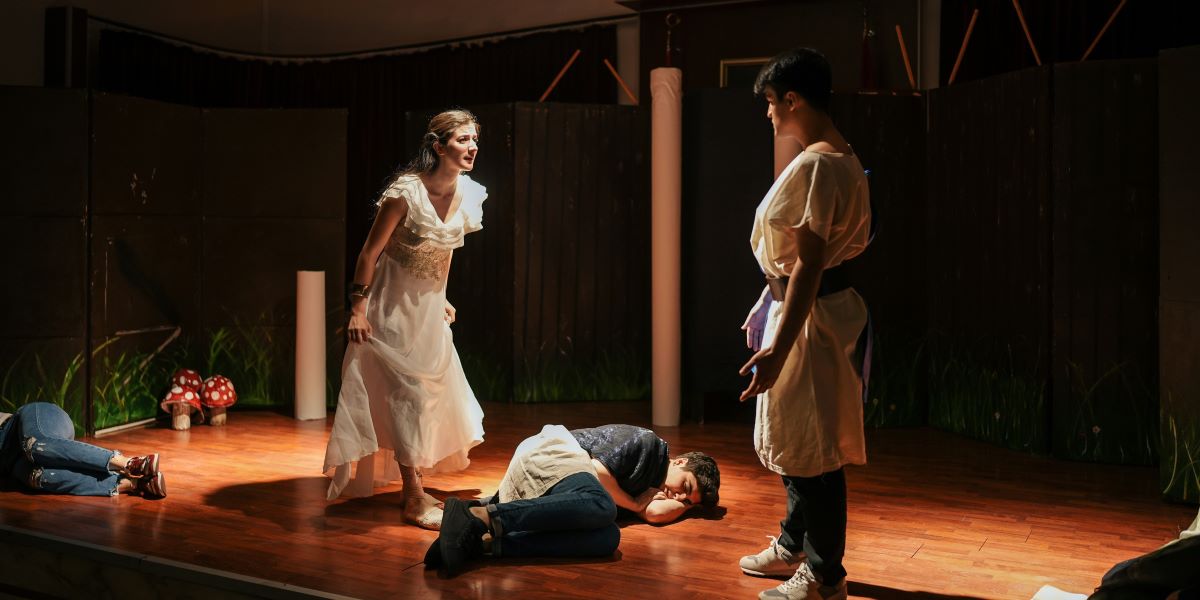By: Lisa Patrick
‘God Given Grit: Empowered Choices’ by Jess Munson and Karen Munson is a beacon of hope for those affected by abuse. This transformative book, written by a mother-and-daughter team, guides readers through the difficult journey of recognizing abuse, planning a safe exit, and healing from trauma.
Abuse can often be insidious, beginning with subtle manipulations that escalate over time. The Munsons’ book illuminates these patterns, helping readers identify the different forms of abuse and understand their impact. With a blend of personal stories, expert insights, and practical advice, ‘God Given Grit’ offers a comprehensive roadmap to recovery.
In these pages, readers will find the tools they need to reclaim their power and rebuild their lives. From understanding the signs of abuse to creating an effective escape plan, the book is a valuable resource for anyone seeking freedom and healing. We recently caught up with Karen Munson to find out more about this groundbreaking book and their work in this important area.
What inspired you to write ‘God Given Grit: Empowered Choices’? Was there a particular experience or realization that motivated you to share this story?
Jess’s strength and determination have inspired me. I had enrolled in a writing course and needed to write a non-fiction book for it. My husband suggested I write Jessica’s story. Getting it out there and supporting her in encouraging others was the perfect fit. The more I learned, the more I felt driven to publish. It has been the most difficult book I’ve written thus far; the emotions have forced me to dig deeper than ever before.
Healing from domestic violence can be a daunting process. What resources or support systems do you recommend for individuals who are navigating this journey?
First, learn to rely on yourself. You are a victim but avoid a victim mentality. Victims with a victim mindset don’t access their power to make changes.
Second, it is extremely important to find your tribe, a support system that understands. They can validate your feelings and hold you accountable. There are dozens of online support groups.
Third, access professional resources, in her effort to find strength and to change her circumstances, Jessica attended retreats and seminars, hired multiple coaches, signed up for different programs, and listened to books. She spent precious money, time, and energy, desperately passionate about healing. Bit by bit, the answers surfaced, and she discovered her inner grit and the path forward. Our hope is that this book can be a part of others’ journeys as readers benefit from what Jessica learned.
In many ways, this is a self-help book, but it’s also about the reconciliation of a mother and daughter. What has that been like for you?
Jess became a stranger, and I had to tippy-toe around. I wasn’t comfortable in her home with what I saw happening, and yet she couldn’t see how bad it was. Now we are best friends. I am deeply grateful for this opportunity to mend our relationship. People ask me what the book is about, and I tell them, “It’s about healing.” I refer to individuals who can heal from their abuse and also the healing we’ve experienced on this journey together. We are closer than ever before.
Your book mentions the prevalence of domestic violence, not just physical abuse but also emotional and psychological. Why do you think it’s important to raise awareness about all forms of abuse?
Abuse is sneaky. At first, it seems like a once-and-done, small stuff that’s easy to ignore or excuse. But, like the frog in the hot water, it can eventually cook you to death. Jess was in an abusive marriage for 11 years and never realistically recognized how serious it was until he got physical. Even then, she didn’t recognize how much she’d experienced until she got out and wasn’t being gaslit and numbed out.
I’ve had several people, even men, tell us that reading our book has made them see things they’d not identified before. We want to shine a huge spotlight on what is happening to keep it out of the shadows. By making victims aware, they are in a position to make choices. By bringing it to the light, abusers aren’t so easily able to fool informed victims.
What advice would you give to friends or family members of individuals who may be in abusive relationships? How can they best offer support without enabling the abusive behavior?
We all tried to tell Jess. But the victim has to make the choice to get out. Until they are ready, they need lots of love and support, a listening ear, and non-judgmental caring. The victim needs a support system through the abuse and while getting out. They especially need support afterward when they start disassembling who they became during the abuse. Only then can they begin to discover who they really are at their core and create who they want to become.
Finally, what message do you hope to convey to readers through ‘God Given Grit: Empowered Choices’?
Don’t lose hope. Please know there is a brighter future. There is love and acceptance of what you had to do to survive. You are a strong, capable person worthy of love. There is a God who has given you the ability to achieve your potential. Keep praying, keep trying, listen, and do your best. You do not have to endure hell. You deserve to be loved. God listens. He cares. He will guide you as you listen for answers. Make a plan, and get out.
‘God Given Grit’ is available on Amazon.
Published by: Khy Talara






